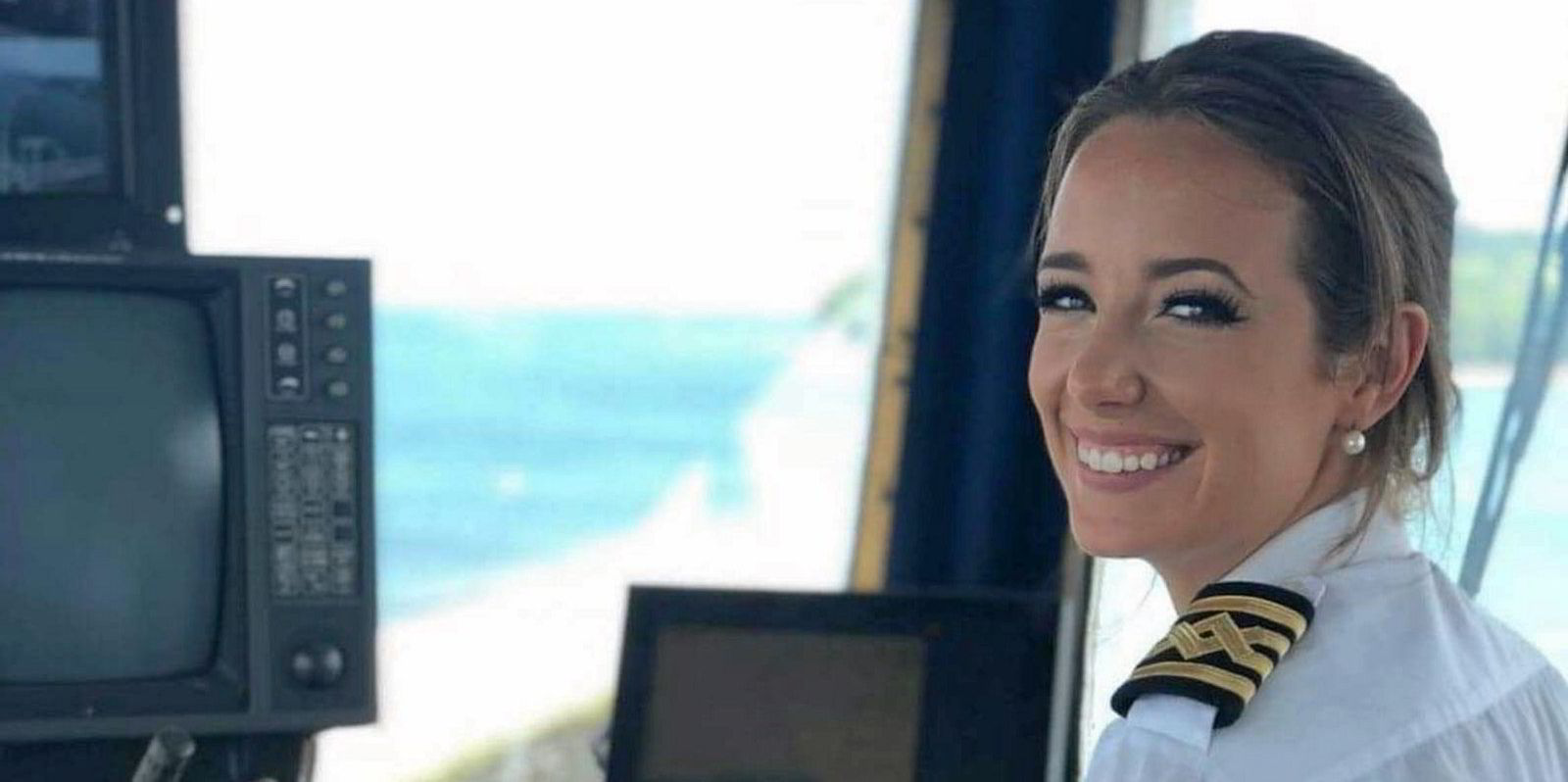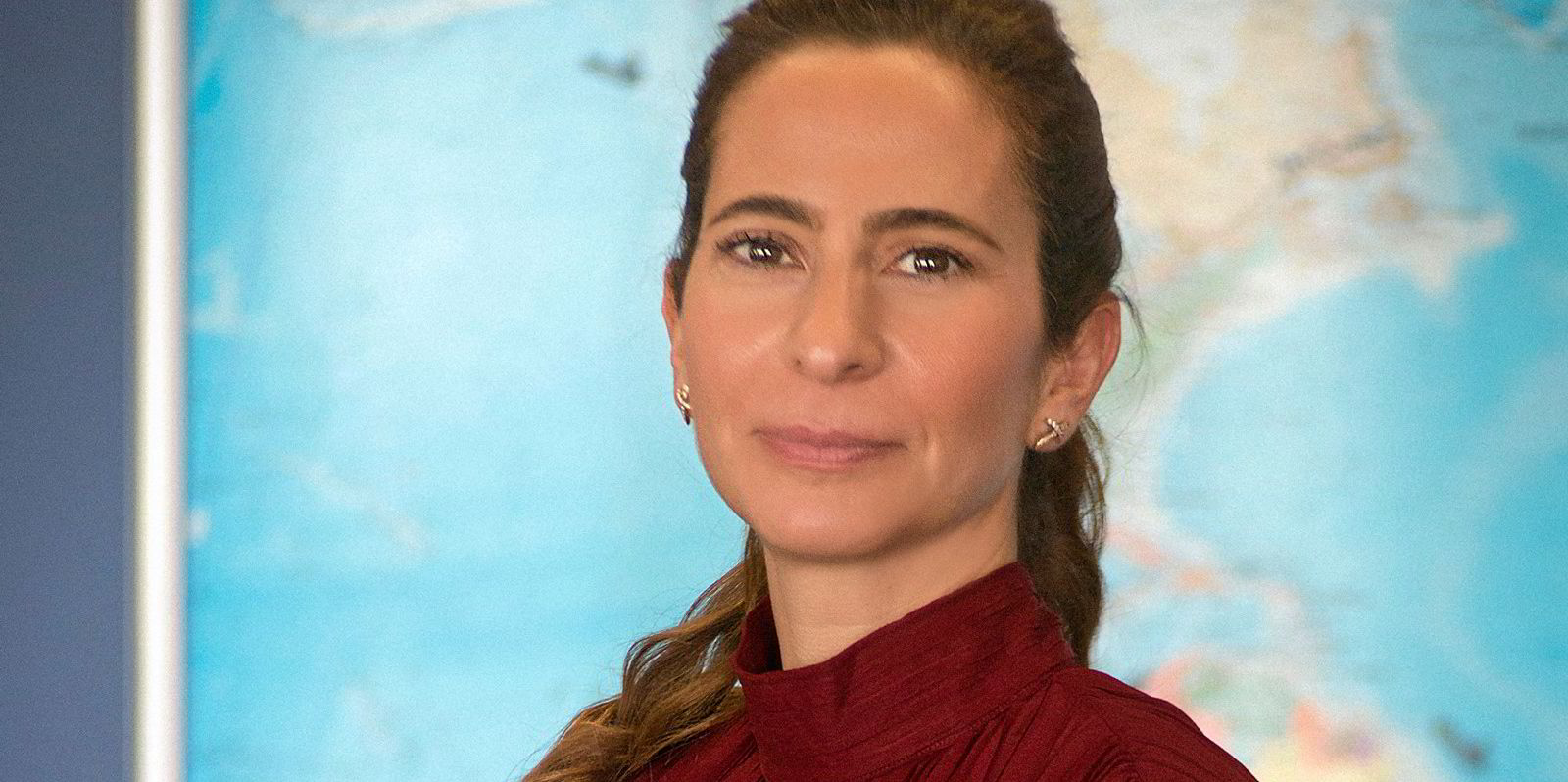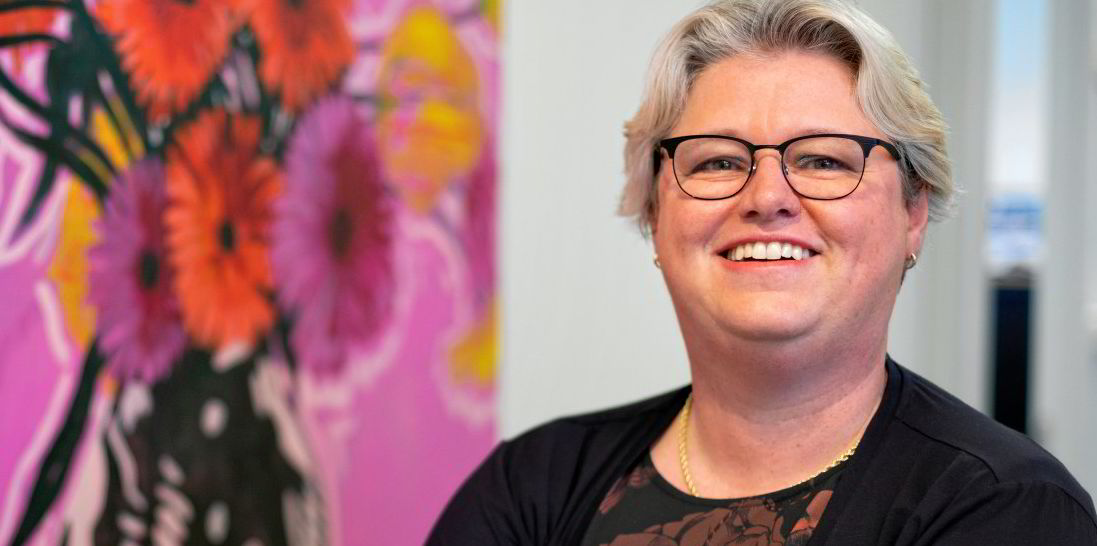The best way to challenge outdated attitudes towards females working at sea and in the wider maritime industry is for men to see women in action, according to Captain Alice Duncan.
Duncan works as master of a Red Funnel ropax ferry on a lifeline service between Southampton, England, and the Isle of Wight.
She told TradeWinds that the maritime industry is taking the right steps in encouraging women in shipping.
"My message to the industry on International Women's Day is to keep up the good work with encouraging women to consider some of the fantastic careers in the maritime industry," she said, "and to keep working towards raising awareness of issues affecting women so we can figure out how to solve them."
She said that she has seen a big increase in women across many different roles during the 12 years she has worked in the industry.
"I think it's a great thing, as in my opinion the best way to change old-fashioned mindsets and prejudices against women is for these guys to see us in action, and realise how much we have to offer," she said.
"The more women we have in seagoing or mentoring roles, the less intimidating it will be for other young women who are also thinking of a career at sea."
See the difference
"Sadly I think women often do have to work harder to prove ourselves and fight misconceptions, especially in the more practical aspects of the job," she told TradeWinds.
Duncan started her cadetship working on tankers. She joined Red Funnel in 2012 and has been working as master since 2017.
She said she was inspired to go to sea by family members including her father, Guy Platten, who worked as a deck officer in the UK's Royal Fleet Auxiliary. Today, he is secretary general of the International Chamber of Shipping.
"Part of the problem for me, in the past, was also the worry that people may think I am getting more opportunities than my male colleagues, in an effort for the industry to meet targets and show increased diversity."
Duncan said that during her cadetship she was treated differently by other crew members because they "did not feel comfortable letting a girl do physically hard or dirty jobs" like deck work.
"There were some occasions during that time when I felt quite isolated on board," she said.
"Either because I didn't have a lot in common with the older, all-male crew or because I had to be careful not to seem too friendly as they could easily get the wrong idea and I would get unwanted attention."






